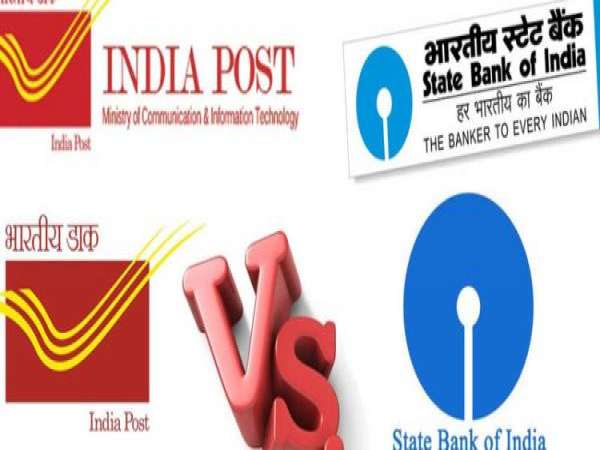In the world of personal finance, one of the most common and accessible investment options is the Recurring Deposit (RD). It’s a great way for individuals to systematically save money and earn interest over time. In this savings showdown, we will compare the 5-year Recurring Deposit interest rates offered by three giants in the financial sector: the Post Office, SBI (State Bank of India), and HDFC Bank.
Post Office’s Offering: A Steady Start
The Post Office, a trusted institution for many, offers a 5-year Recurring Deposit scheme that has been a favorite among risk-averse investors. Their interest rates have traditionally been steady, providing a reliable avenue for savings. The current interest rate hovers around 5.8%, making it a safe bet for those looking for stable returns on their investment.
SBI’s Competitive Edge
SBI, India’s largest bank, is known for its competitive financial products. When it comes to 5-year Recurring Deposits, they do not disappoint. Offering an interest rate that slightly edges out the Post Office, SBI provides a solid 6% interest rate, attracting those who seek a bit more from their investments.
HDFC Bank’s Premium Touch
HDFC Bank, a heavyweight in the private banking sector, is known for its premium offerings. Their 5-year Recurring Deposit interest rate is currently set at an impressive 6.25%. While this offering is marginally higher than SBI’s, it targets a specific audience seeking both stability and higher returns.
The Verdict
Choosing the right 5-year Recurring Deposit scheme depends on your financial goals and risk tolerance. If you prefer stability and reliability, the Post Office’s 5.8% interest rate is a safe choice. For those looking for competitive returns and trust in a public sector bank, SBI’s 6% offering is a strong contender. Finally, if you desire premium services and higher returns, HDFC Bank’s 6.25% interest rate may be the perfect fit for you.
In conclusion, it’s important to remember that the choice between Post Office, SBI, and HDFC Bank ultimately depends on your unique financial circumstances and objectives. Evaluate your options carefully and consider consulting with a financial advisor before making a decision. Happy saving!
The Benefits of Recurring Deposits
Recurring Deposits (RDs) have long been a preferred choice for individuals seeking to save and grow their money. Let’s take a closer look at the benefits of RDs:
- Ease of Saving: RDs allow you to save money in a disciplined manner, with the convenience of monthly deposits.
- Guaranteed Returns: Unlike other investment options, RDs provide guaranteed returns, making them a low-risk choice.
- Flexible Tenure: You can choose the tenure of your RD, typically ranging from 6 months to 10 years, to align with your financial goals.
- Loan Against RD: In times of need, you can avail a loan against your RD, providing a safety net for emergencies.
- Tax Benefits: Some RDs offer tax benefits under Section 80C of the Income Tax Act.
In summary, RDs are a valuable tool for financial planning, catering to a wide range of investors’ needs, from the conservative to the more aggressive.























